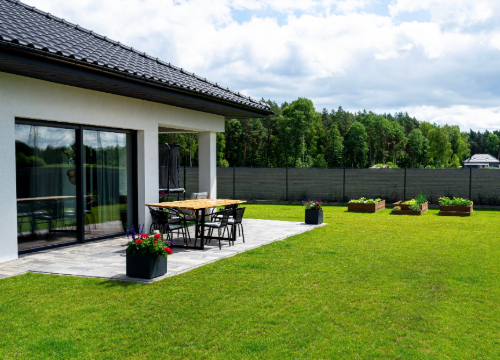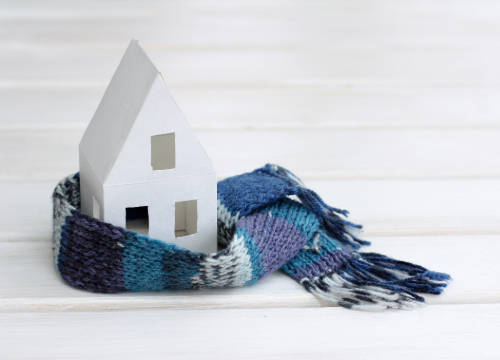With the digital age exploding, it’s important to make sure that our kids stay safe online. A study completed by Netsafe and the Ministry for Women found that 33% of teens spend four hours or more online a day (Netsafe.org.nz) . It also found that 59% of teens said they use three or more devices to connect online. So as a parent, what can you do? We’ve pulled together some tips on how you can help keep your kids safe online. If there are other things you are already doing too, even better.
1. Have a discussion and set some expectations
Set a time to talk to your kids about online safety - it’s good to find out what they already know. Depending on how old they are, you might want to talk about setting some expectations up around how long they should be spending online, what apps or social media they should or shouldn’t be using, and what content is appropriate to view online. Come to an agreement together, and spend some time educating them on online safety. If you want an extra layer of safety for your children, there is plenty of parental control software available online, many of them are free as well. Check out this blog by techradar about the best free parental control software. In addition to this, Facebook also allow you to set ad preferences, so you can hide certain topics. Simply head to your ad settings, and Hide ad topics.
2. Understand what they already do online
Talk to your kids about what they do online already, and what social networks they use, if any. Who do they connect with online, what information do they share, and do they use it only for social or also to learn? Showing an interest in what they do online will help you understand what their online habits are and what their online world looks like. If there’s anything you’re not comfortable with, it gives you a chance to talk to them about it to understand it more.
3. Try it yourself
Improve your knowledge and try out the websites and apps your kids use - you could even ask them to show you how they work, which is a great way to start a conversation around online safety.
4. Set a good example
How often are you on your phone, tablet or laptop? What do you share on your social media? Take a look at the way you use the internet and devices, especially while your kids are around. Would you want your children using technology, internet and social media the same way you do? No? Change your habits.
How good is your knowledge about online safety? If you don’t know much, expand your knowledge so you can better educate your kids.
5. Teach them the basics
It’s important to teach kids the basics of online safety - here are some you can start with:
Passwords
A strong password is important to keep all your personal and financial information safe in your online accounts. Teach your kids about how to choose a strong password and check out our blog on how to stay safe online for tips on how to create a password; it’s also important to teach them never write down their passwords or share them with friends.
Information you want to protect online
Talk to your kids about the importance of keeping personal information safe online, such as:
- Login details and passwords
- Bank account details
- Home address
- Phone numbers
- Birthdate
Personal information that could be used to guess security questions for online accounts.
It’s important they understand what information they need to protect and why, so they can make more informed decisions when using online services.
Digital footprint
Talk to your kids about what they post online, and how once it’s out on the internet, anyone can save or share their content. Everywhere we post leaves a ‘digital footprint’, photos, locations, what we say, what we like, what we comment on and what we share.
6. Setting up social media accounts
How young is too young to be on social media? The minimum age to sign up to Facebook, Instagram, Snapchat, Twitter and YouTube is 13, however if they’ve set up an account anyway, it’s better that they’re honest about it with you rather than doing it behind your back. So if they mention wanting to set up a social media account, start the conversation about online safety early. Here are some tips on setting up a social media account:
- Make sure you’ve taught them the online safety basics
- Help your child set up their account, don’t let them do it themselves
- Depending on their age, use an email address you have access to
- Enter their actual birth year so they’re less likely to see inappropriate content
- Become their friend, or follow them
- Teach them about the safety tools available
- Talk to them about what they are going to do on social media, what they’re likely to post and what they shouldn’t be posting
- Give them the tools they need to stay safe, i.e. how to block people, how to remove people, how to report people or content, etc
7. Set up their privacy settings with them and make sure only their friends and family can see the content they post
Keeping kids safe online is as important as ever, the best thing we can do as parents is give them the tools and knowledge so they can confidently use the internet and social media. If you want to find out more ways you can help your kids stay safe, check out Netsafe, they are a range of information and tools for parents and kids.
You might also like...
-
 December 2024Lifestyle Blog | State Insurance
December 2024Lifestyle Blog | State InsuranceSurviving the holidays
-
 September 2024Lifestyle Blog | State Insurance
September 2024Lifestyle Blog | State InsuranceSpring prep your home and garden.
-
 June 2024Lifestyle Blog | State Insurance
June 2024Lifestyle Blog | State InsurancePreparing your home for winter
